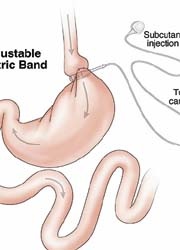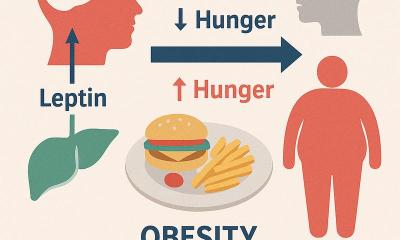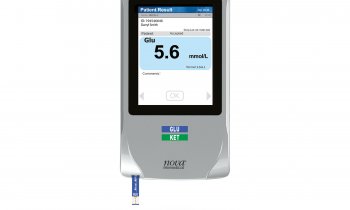Morbid obesity in Europe
By Martin Fried MD PhD, Professor of Surgery at the Clinical Centre for Minimally Invasive and Bariatric Surgery, ISCARE-Lighthouse, 1st Faculty of Medicine, Charles University, Prague, Czech Republic
Prevalence of adult obesity has increased three-fold since 1990. The prevalence of childhood obesity has increased ten times since 1970. In Europe, almost 50% of adults and over 20% of children are overweight. A third of these are obese. Conservative estimates show that, in Europe, about 100 million adults and 10 million children are obese. Obesity is accountable for c. one million deaths annually.

Costs – Over 6% of direct EU healthcare expenditures are attributable to obesity, and obesity related co-morbidities (i.e., type 2 Diabetes Mellitus). Indirect costs, e.g. loss of productivity, obesity related unemployment, etc., are twice as high as direct healthcare expenditures. All this underlines the seriousness of obesity as a rapidly spreading epidemic disease.
Prevention Measures – These are important, e.g. promoting healthy lifestyle. Healthy food should be promoted and available. So should physical exercise, with more opportunities created for this, e.g. safer roads for cycling/walking.
Already obese adults – Ideally, obesity management should be concentrated in specialized centres, thus a multi-disciplinary, scientific medical approach to obesity treatment is one of the key movements in long-term treatment success.
Bariatric surgery – From the long-term treatment perspective, the severely obese (Body Mass Index > 35), can be effectively treated through bariatric surgery only. Bariatric surgery (either limiting food intake by decreasing stomach volume – e.g. adjustable gastric banding, Fig 1, 2, or limiting the absorption of nutrients and energy by bypassing certain length of small bowel from digestion of food – such as ‘gastric bypass’ or ‘biliopancreatic diversion’ Fig 3, 4) carries low risks and is significantly beneficial. It not only decreases weight, but also substantially improves and/or resolves serious metabolic disorders and obesity related co-morbidities (such as type 2 Diabetes Mellitus, hypertension, and others) in over 80% of obese patients with these comorbidities. It also prevents new onset of metabolic diseases.
In 2007, an outstanding breakthrough occurred. After almost two years’ work, Interdisciplinary European Guidelines for Surgery of Obesity were finalised and published. For the first time in Europe a Bariatric Scientific Collaborative Group (BSCG) panel was appointed through the joint effort of major European Scientific Societies that are active in obesity management.
Published Guidelines encourage effective collaboration in obesity management not only across medical specialties, but also help to standardise management of severely obese patients in Europe. Recent remarkable progress is reported in NOTES (Natural Orifice Transluminal Endoscopic Surgery). NOTES stands on the borderline of endoscopy and surgery. Although still experimental, it may open new opportunities in the near future in obesity treatment, indeed in a minimally invasive way – NOTES accesses the body through the natural orifices thus providing ‘scarless’ surgical treatment. In the future this approach may enable some surgeries to be performed on out-patients in a few hours.
01.07.2008










